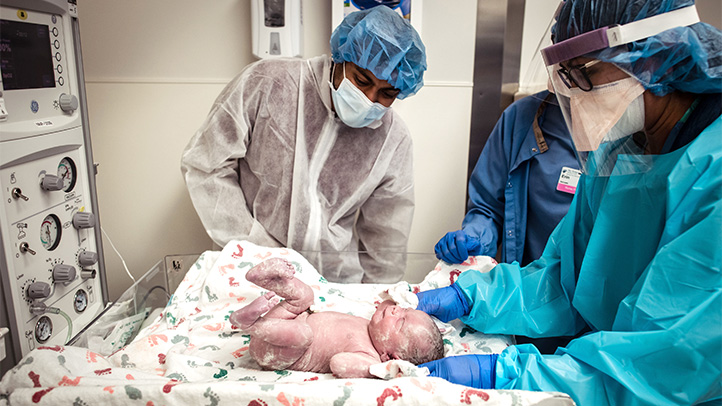In South Africa, the cesarean birth rate has been rising steadily over the past decade, reaching an alarming 70% in some private hospitals. While there are medical reasons for cesarean birth, such as fetal distress, abnormal fetal position, and large baby, the high rate suggests that cesarean birth may be overused as a routine procedure.
A Combination of factors
The high cesarean section (C-section) rate in South Africa is likely due to a combination of factors, including:
- Lack of access to quality prenatal care: Women in South Africa often do not receive adequate prenatal care, which can increase the likelihood of complications during pregnancy and birth.
- Fear of liability: Health care providers in South Africa may be more likely to perform C-sections due to concerns about potential legal liability in the event of a poor outcome.
- Misperceptions about the safety of vaginal birth: Many women in South Africa may be told that C-sections are safer than vaginal birth, which can lead to an overuse of the procedure.
- Financial incentives: In some cases, hospitals and health care providers may have financial incentives to perform C-sections, which can contribute to the high rate of the procedure.
- Lack of midwifery care: The shortage of midwifery care in South Africa can lead to an overreliance on medical intervention during birth, including C-sections.
Have you been told you may need a cesarian? Or are you thinking about having one?
If you’ve been told that you need a cesarean birth, I know that it can feel scary and overwhelming. You may be worried about the risks involved, the recovery process, or the impact it may have on your baby’s health.
But let me reassure you that while cesarean birth is an option, it’s not your only option. You have the right to make informed decisions about your birth plan and explore all the available options to determine the best approach for you and your baby.

It’s essential to remember that vaginal birth is a natural and safe process for most women and their babies. It allows your baby to be exposed to healthy bacteria in the birth canal, which can boost their immune system and prevent allergies and asthma. Vaginal birth also helps you bond with your baby immediately after birth and reduces the risk of complications and longer recovery time associated with cesarean birth.
Don’t be afraid to get a second opinion
So, if you’ve been told that you need a cesarean birth, it’s essential to ask your healthcare provider about the reasons why and whether there are other options available. You can also consider getting a second opinion from another healthcare provider who supports vaginal birth and can provide you with the necessary resources and support.
If you choose to have a cesarean birth, it’s crucial to prepare yourself mentally and physically for the procedure and the recovery process. You can join our cesarian birth course and learn what questions to ask so you can see if it’s the right choice for you and learn about Gentle Cesarian.
Overall, addressing these factors is crucial in reducing the high rate of C-sections in South Africa and improving maternal and infant health outcomes.
Whether you’re planning for a vaginal birth, cesarean section, or simply want to be prepared for any possibility, our course will change your life by giving you the tools and knowledge to make informed decisions and have the best birth experience possible.




